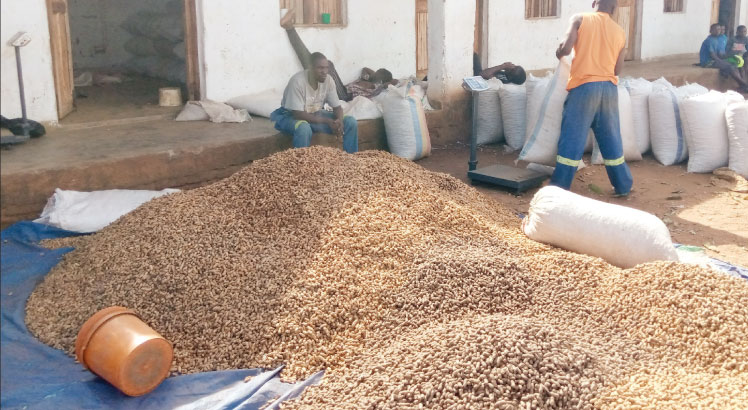World bank faults government policy on exports
The World Bank has faulted the introduction of Malawi Revenue Authority (MRA) export warehouses in the 2023/24 fiscal plan as it is costly and prone to delays.
The bank says the policy predominantly attempts to contend with the symptoms of trade imbalances, rather than addressing their underlying causes.
An analysis of the country’s trade and industrial policy by the bank observes that while the justification of the exchange control regulations is to increase the circulation of scarce foreign currency resources in the Malawi economy and strengthen controls introduced with the budget are in order to curb smuggling, such enforcement can have unintended consequences, including deterring foreign investors and incentivizing smuggling.
Said the bank: “The measure adds another cost and potential delays for exporters.
“Malawi’s capital account is already one of the more restrictive in the world [as measured by the Chinn-Ito Index], but this is likely to increase further following the gazetting of exchange control regulations in May 2022.”
In March this year, government amended the Customs and Excise Act to ensure that exporters are tax compliant.

The new Customs and Excise Regulations (2023) require traders to, among others, apply for fresh export licenses, export from registered customs warehouses, as well declare their exports on Reserve Bank of Malawi’s (RBM’s) electronic CD 1 form under the Export Proceeds Reconciliation Module.
Such produce are soya beans, maize, groundnuts, pigeon peas, sunflower, sesame seeds, beans, sorghum, millet, cow peas and rice.
Grain Traders Association president Grace Mijiga Mhango is on record as having said while the new system was not bad, challenges come with re-application for export licences and also favours big traders who already have warehouses.
She said: “The law is new and few people know about it. Some who already had export permits have their licences revoked and must reapply which is cumbersome. Some are hearing about it now while their goods are in transit, while others don’t even know about it.”
Ministry of Trade and Industry spokesperson Mayeso Msokera said the new system aims to facilitate orderly trade and curb illicit export transactions, as well as strengthen inter-agency information exchange systems.






One Comment